Henrique Frota: “A democratic city is that where there is broad citizen participation, not just of organized interest groups”
The director of the Polis Institute and Rodrigo Lacovini, from the same institution and a member of the Global Platform for the Right to the City, tell us of the topics on Brazil’s social agenda and the role played by citizens in the fight for cities that are “more just, sustainable and democratic”.
The Polis Institute is a leading social organization in the field of urban policies for social inclusion, urban rights and the right to the city. They work to strengthen urban social movements and for the promotion of changes in the urban public agenda.
Nonprofit, in collaboration with the Catalan organization Taula del Tercer Sector de Catalunya, has talked with Henrique Frota, the director of the Polis Institute, and a member of the association ABONG, and with Rodrigo Lacovini, who is a member of the Global Platform for the Right to the City. Together with the two other interviews, we learn of the reality of Brazilian society and the role that non-profit organizations play and must play to have an impact on policies and struggles to fight social inequalities.
How would you define the social agenda in Brazil?
Brazil’s social agenda always has the same topics. It’s a large and rich country but it is full of deep inequalities. We have high poverty and hunger rates, and our goal has always been to fight against this.
These inequalities affect cities but also have an impact in other places far from cities, such as indigenous communities.
Poor access to water is another inequality that we’ve been fighting for years, especially in the north-eastern part where there are territories with no sufficient rainfall nor water systems.
What is the current situation of the struggles against discrimination in Brazil?
Today, black, feminist and LGTBIQ movements are in struggles…because in our society we have identified strong discrimination against these groups, and we want to fight for a more equal society.
What about climate change?
Looking at the current situation, environmental and climate-related issues are central issues to Brazil’s urban agenda. There are several biomes that are threatened by the agribusiness and by capitalist practices. Historically, many civil society organisations have fought to defend the environment and to explore how this right is interlinked to the right to the city.
What is the common threat linking all these struggles?
What is crosscutting is the struggle for democracy. The civil military dictatorship in the 70s’ led to the establishment of organisations thanks to which we were able to give a greater weight, sturdiness and magnitude to fight against the dictatorship.
In the process of democratization many organizations were establishes, as is the case of Polis in 1987. The struggle for democracy is deep in these organisations’ DNA, not only as a political right but also as political and organizational work.
At Polis you work to build cities that are more just, sustainable and democratic. What do you understand by a sustainable and democratic city? And how do you see the social challenges that you just described in relation to Brazilian cities? What are the main difficulties and needs?
Brazil has the richest city and also the poorest. There are many inequalities. We work with the concept of local citizenship: in our view, a migrant without Brazilian citizenship should have the right to participate in urban policies.
A democratic city is one with the broadest citizen participation, not just of organized interest groups. The challenge is enormous and even today it is difficult to make progress. It is not a representative democracy we want; it is a direct and participatory democracy.
How does this match with the idea of sustainability?
The sustainable and fair dimension has to do with fighting material inequalities. We have a country with very rich people and very poor people who have no access to basic material goods: from social or individual reproduction, housing, transport, sanitation, basic facilities, health or food.
We fight for fair and sustainable cities that offer equal opportunities and conditions for all. Cities are very fragile systems when you look at them under the lens of climate and the environment.
The dimension of a fair city means that organized civil society can find commonalities with organizations fighting against racism or feminist organizations and make their agendas converge. Cities have racial segregation and inequality. Most of the poor people in precarious parts of the cities are black.
How would you define Brazil’s associative movement in the cities? What are the main challenges they face?
In Brazil you have a platform of between 700,000 and 800,000 civil society organizations. They are of many kinds, some progressive, others not.
First, we have organisations defending rights. They work with public policies and the rights of vulnerable populations to develop improvements in terms of social justice. They move on different fronts: the environment, cities, agrarian reform…
Other progressive organizations don’t do political advocacy work. They are more philanthropic, providing direct assistance. They distribute food to the homeless. They are more focused on assistance.
Then there are conservative organizations often linked to the Evangelical Church. Many provide assistance but politically they lean to the right.
Lastly, there are those we refer to as “Social organizations”, which would be non-profits. They do political advocacy to fight against privatisation.
How can Brazilian organizations further collaborate with others from around the world?
At Polis we understand that our work is only viable if we work with other organizations. Together we promote civil society networks. Cooperation allows us to change what we want to change. Not only inside Brazil, but also at a regional and global level. Polis is close to networks and fora of cooperation among organizations and spaces for dialogue and also multilateral actors.
If you found it interesting, you can consult the rest of the contents of the monograph, as well as the interview with the board member of ABONG and the Former coordinator for fundraising at Oxfam Brazil.
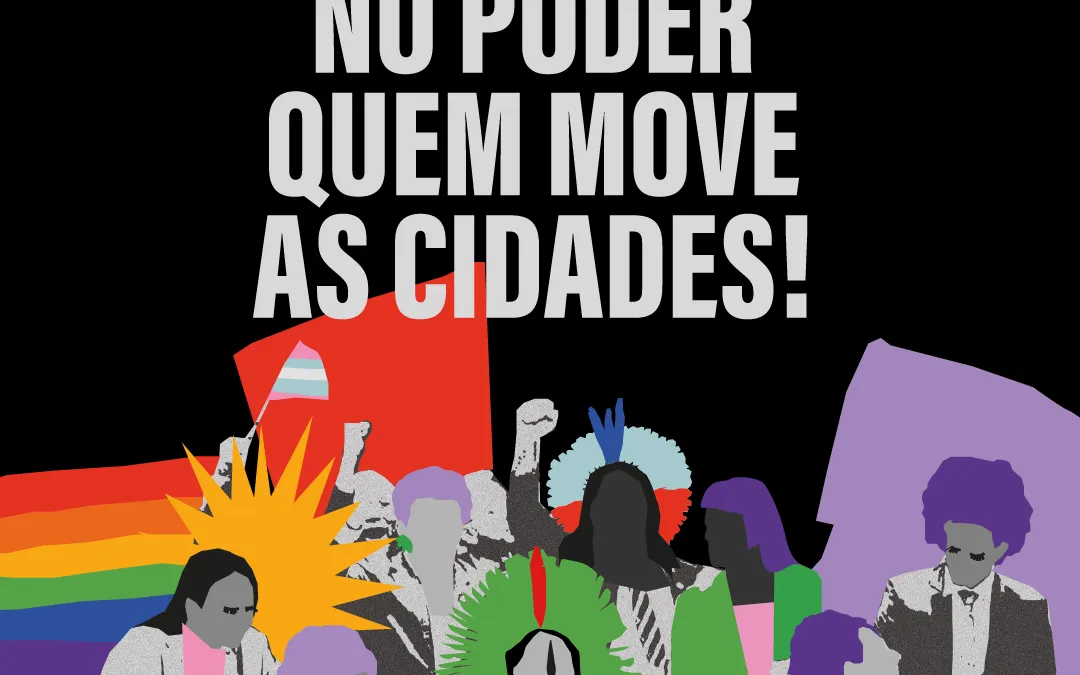
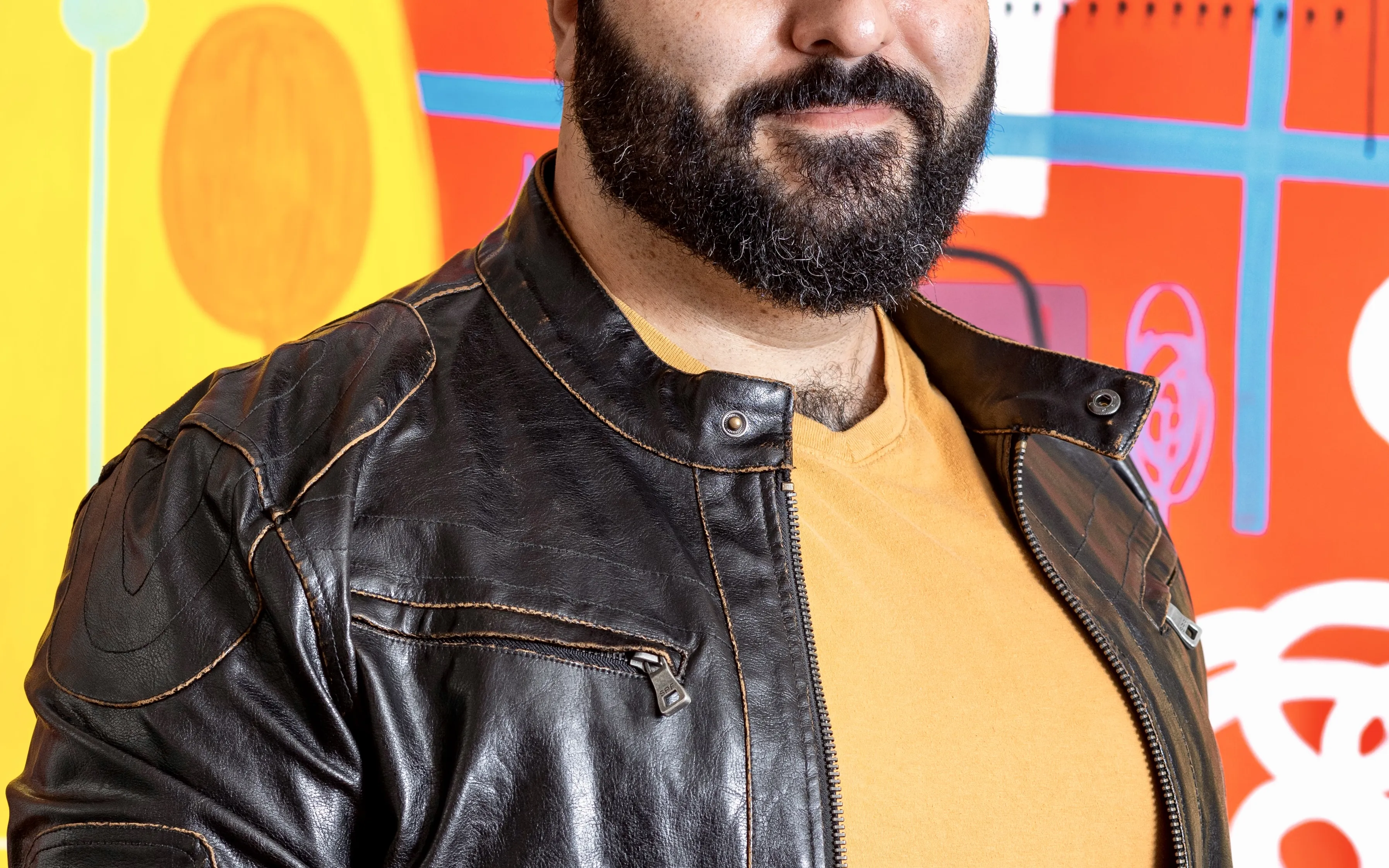


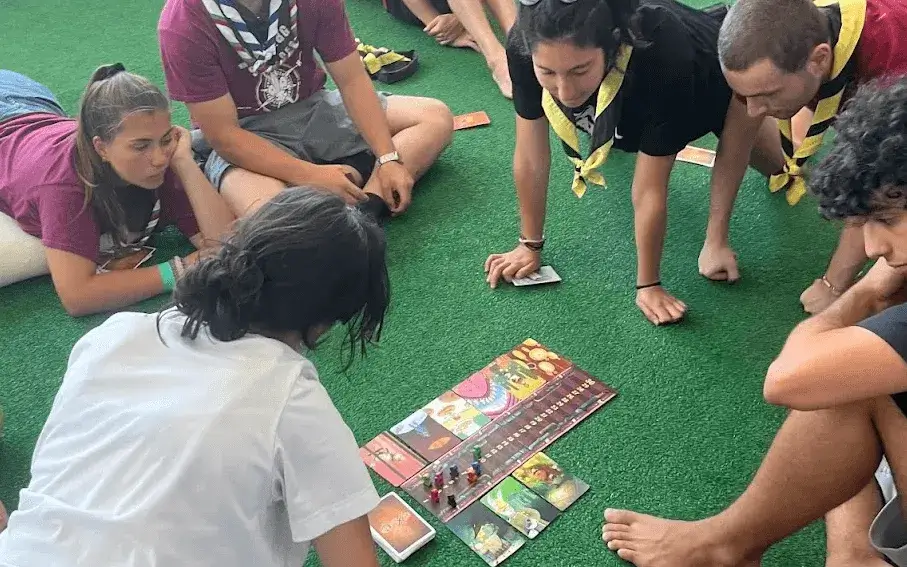
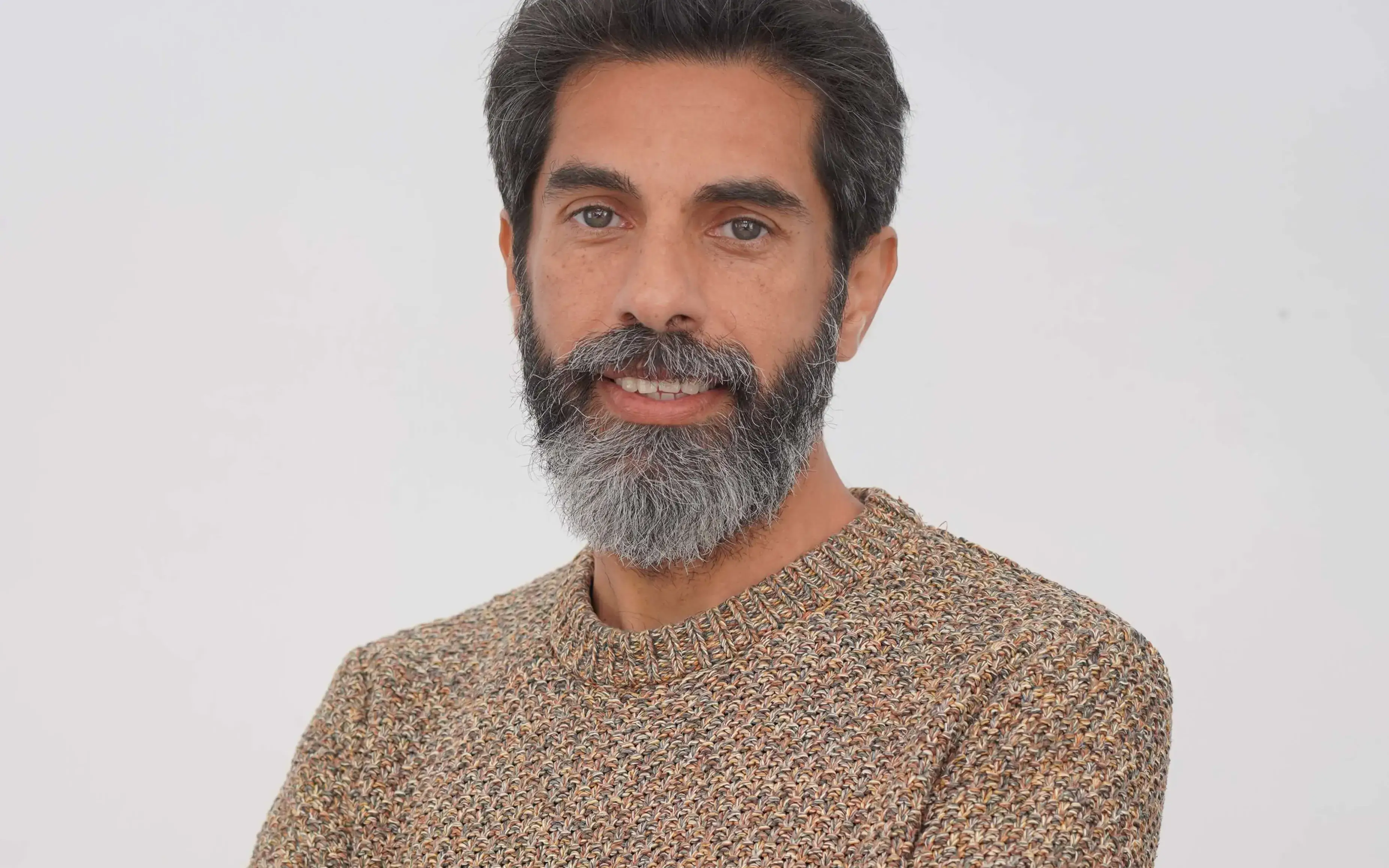
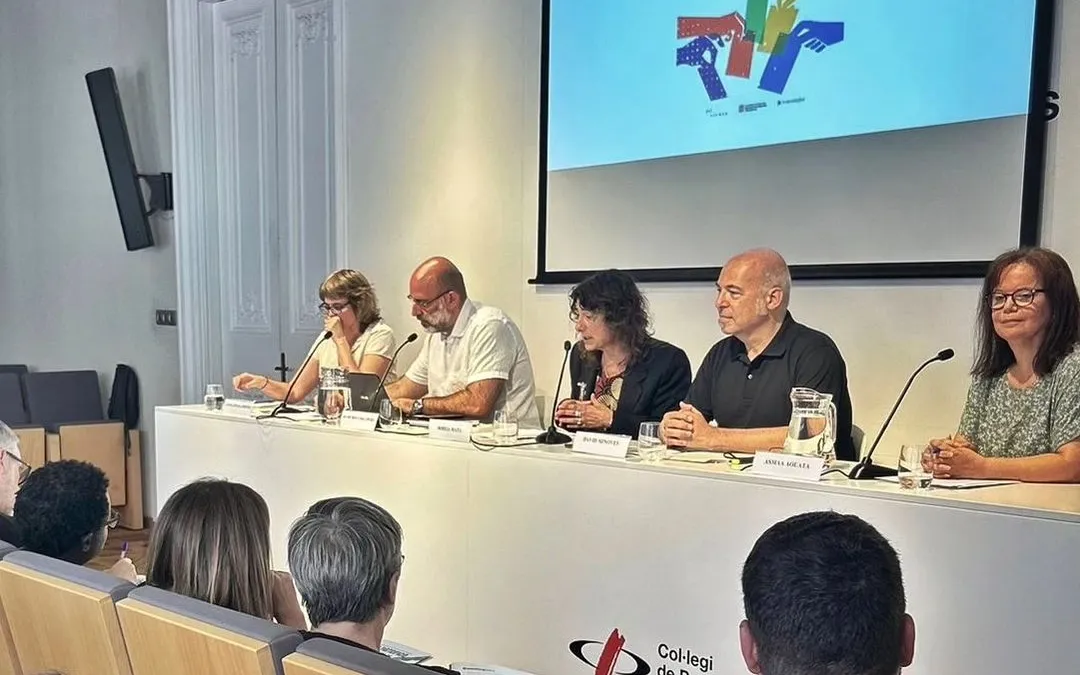
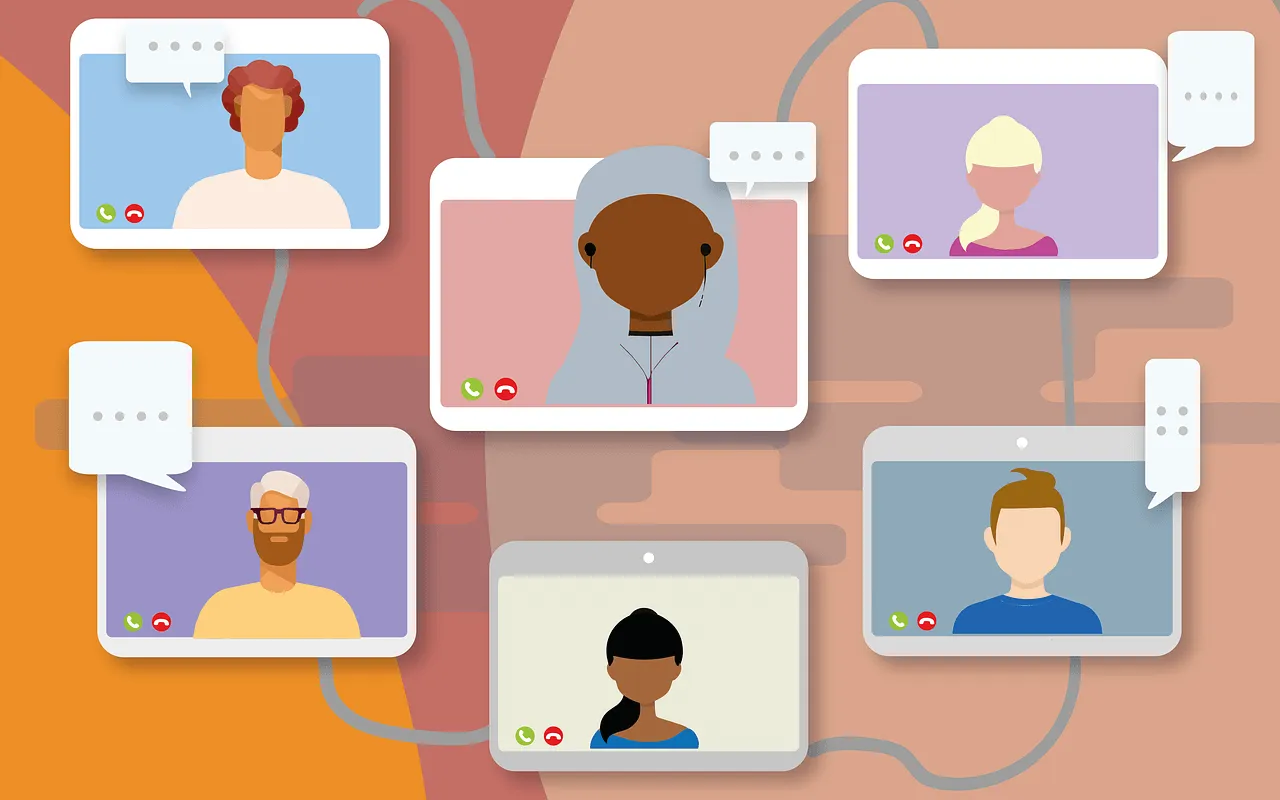
Add new comment